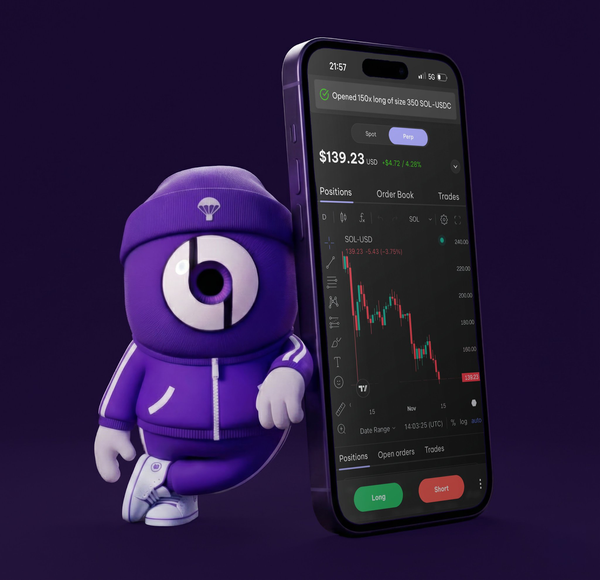Jim Cramer Calls Nvidia Selloff Fear Driven Despite Strong Order Book

CNBC host Jim Cramer defended Nvidia on November 25, 2025, after shares fell 6% to their lowest level in nearly three months. The drop followed reports that Meta Platforms may use Google's tensor processing units in its data centers starting in 2027. Nvidia closed at $175.60 in after-hours trading.
Cramer called the selloff a buying opportunity on CNBC's "Squawk on the Street." He pointed to Nvidia's recent earnings report showing visibility into $500 billion in orders for Blackwell and next-generation Vera Rubin chip platforms. The host said Nvidia trades at a low price-to-earnings multiple and dismissed customer abandonment fears.
Competition From Google Chips Drives Market Reaction
The selloff came after The Information reported Meta's consideration of Google's AI chips. Google unveiled its seventh-generation tensor processing unit, Ironwood, in November 2025. The chip is more than four times faster than its predecessor. Google reported third-quarter cloud revenue of $15.15 billion, up 34% from the prior year.
Google's TPUs differ from Nvidia's graphics processing units in design and application. The custom chips were built specifically for AI inference workloads rather than general-purpose computing. AI startup Anthropic plans to use up to one million of the new TPUs to run its Claude model. Google signed more billion-dollar cloud deals in the first nine months of 2025 than in the previous two years combined.
Cramer acknowledged the competition concerns but argued price sensitivity among customers will not damage Nvidia's business. He stated that price declines occur when demand disappears, but said demand for Nvidia remains strong. The host compared the situation to his early exit from Alphabet stock, which cost him returns when shares later doubled.
Broader AI Chip Market Shows Concentrated Leadership
Nvidia maintains approximately 86% of the AI GPU segment in 2025, according to market data. The company controls more than 80% of chips used for training AI models. Google's TPU business combined with DeepMind is estimated to be worth $900 billion. AMD projects its AI chip division will reach $5.6 billion in 2025, doubling its data center presence.
Custom chips from major technology companies are gaining traction as alternatives to Nvidia's offerings. Amazon, Microsoft, and Meta have all developed proprietary AI processors. These companies seek to diversify their chip supply and reduce dependence on a single vendor. Nvidia responded to the competitive concerns by stating its technology remains a generation ahead of the industry.
The AI chip market is experiencing rapid expansion. Nvidia said in a statement that it is the only platform capable of running every AI model across all computing environments. The company invests heavily in the AI ecosystem with $47 billion in venture capital investments from 2020 through September 2025. Analysts note the market for AI chips is large enough to accommodate multiple competitors.
Further Reading
For deeper insights into global adoption trends and regulatory frameworks affecting alternative financial systems and emerging technologies, our Alternative Financial Systems Index tracks adoption metrics and policy developments across 50 countries. The index provides comprehensive data on how different jurisdictions approach technological innovation in financial markets.




